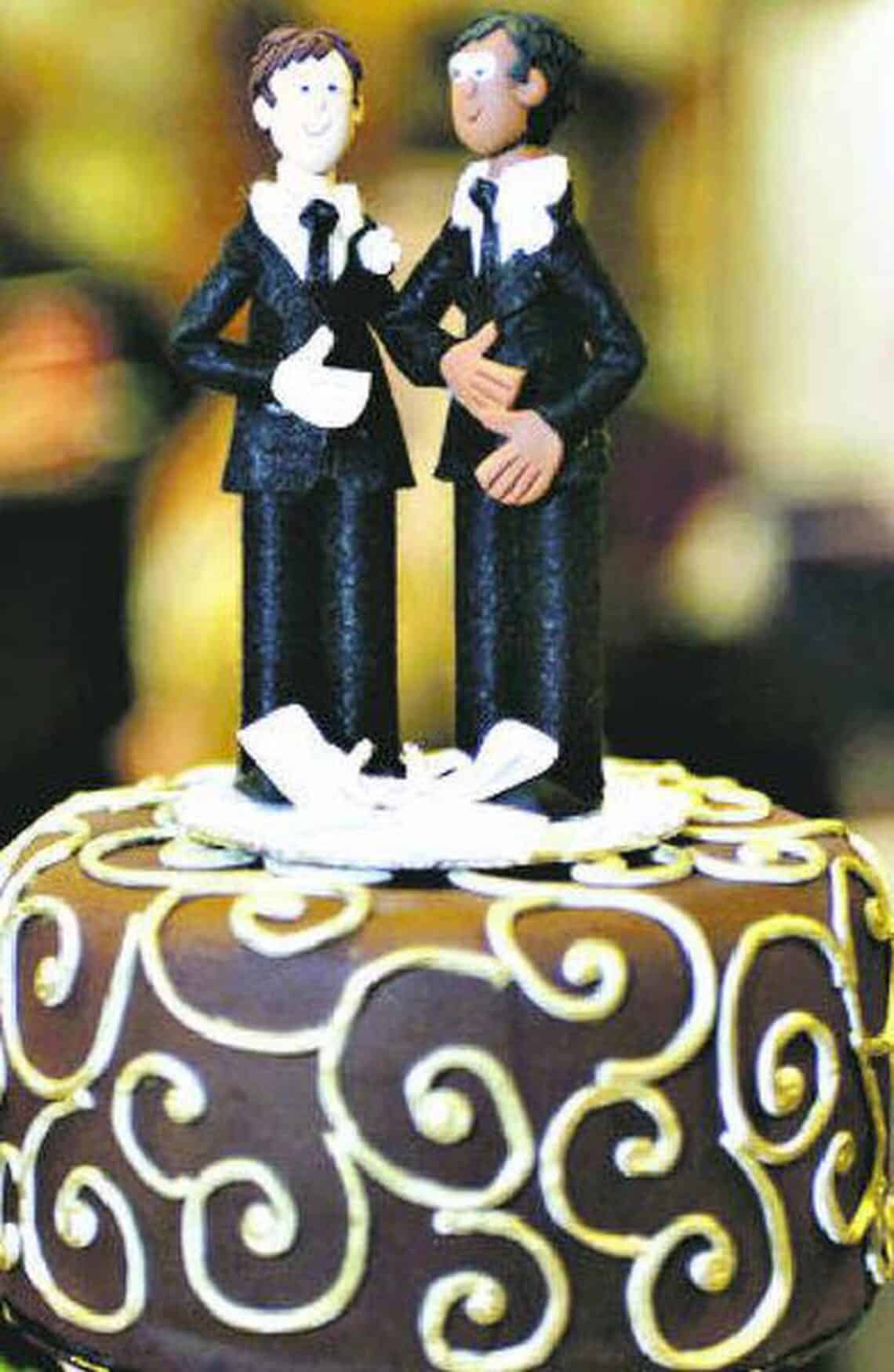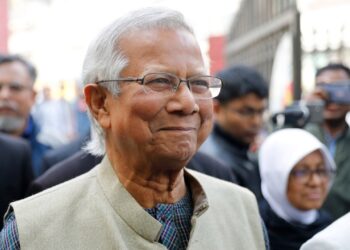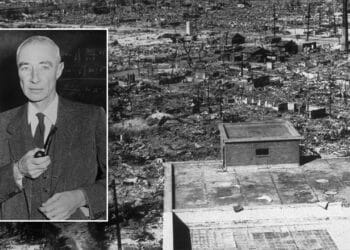[ad_1]

Although homosexuality is decriminalised in India, same-sex marriages are not legal in the country.
| Photo Credit: Reuters
The Supreme Court on Friday sought the government’s response to pleas to allow solemnisation of same-sex marriage under the Special Marriage Act.
The Special Marriage Act of 1954 provides a civil form of marriage for couples who cannot marry under their personal law.
A Bench of Chief Justice of India D.Y. Chandrachud and Justice Hima Kohli agreed to hear partners Supriyo @ Supriya Chakraborty and Abhay Dang, who said the non-recognition of same sex marriage amounted to discrimination that struck at the root of dignity and self-fulfillment of LGBTQ+ couples. A separate petition was also filed by Parth Phiroze Mehrotra and Uday Raj Anand.
The petitioners Supriya Chakraborty and Abhay Dang have been a couple for almost 10 years.
| Photo Credit:
Special Arrangement
The Bench issued separate notices to the Union of India and the Attorney General of India and listed the case for hearing after four weeks. It transferred various pending issues before various High Courts, including in Kerala and Delhi, to itself. The government too had said in the High Courts that the issue should be taken up by the apex court.
Senior advocates Mukul Rohatgi, Neeraj Kishan Kaul, Menaka Guruswamy and advocate Arundhati Katju argued that this was a sequel to the 2018 Constitution Bench judgment in the Navtej Johar case in which homosexuality was de-criminalised.
“A plethora of living issues arise out of this case… Your Lordships have also upheld privacy as a constitutional right in the Puttuswamy case,” Mr. Rohatgi submitted.
The petitioners said the 1954 Act should grant same sex couple the same protection it allowed inter-caste and inter-faith couples who want to marry.
Mr. Rohatgi said the petition did not touch on the personal laws but only sought to make the 1954 Act gender-neutral. “The Act only says marriage should be between ‘two persons’. It does not say it is a union of A and B,” Mr. Rohatgi submitted.
Mr. Kaul said there were about 15 legislations which guaranteed the rights of wages, gratuity, adoption, surrogacy, etc, which was not available to the LGBTQ+ citizens.
Ms. Guruswamy said the fundamental issue here is “how do I protect my family”.
“The Act is ultra vires the Constitution to the extent it discriminates between same-sex couples and opposite sex couples, denying same-sex couples both legal rights as well as the social recognition and status that flows from marriage… The Special Marriage Act of 1954 ought to apply to a marriage between any two persons, regardless of their gender identity and sexual orientation,” the petition said.
If not, the Act, in its present form, it said, should be declared violative of the fundamental rights to a dignified life and equality as “it does not provide for solemnisation of marriage between same sex couple”. The petition was also represented by advocates Shristi Borthakur and Priya Puri.
Enough has not been done by just decriminalising homosexuality, equality must extend to all spheres of life, including the home, the workplace and public places, for LGBTQ+ citizens who form 7% to 8% of the population of the country, it said.
“At the heart of personal liberty lies the freedom to choose who we are, to love whom we will, and to live a life that is true to our conscience, not only without the fear of persecution but in full-hearted joy and as equal citizens of this country. Despite being free to love each other, Supriyo and Abhay still cannot have a happy marriage filled with joy and recognition,” the petition said.
It said marriage brought with it a host of rights, privileges and obligations bestowed and protected by the law.
“They can adopt children or have children by surrogacy or ART. They have automatic rights to consortium, inheritance, maintenance and tax benefits. They are beneficiaries under a host of employment statutes. The state’s protection to a spouse continues even after death in the form of pension or compassionate appointments,” it argued. Marriage was key to social acceptance and respect.
The Supreme Court had decriminalised homosexuality in 2018, urging the LGBTQ+ community to forgive history for their “brutal” suppression.
A five-judge Constitution Bench had unanimously held that criminalisation of private consensual sexual conduct between adults of the same sex under Section 377 of the Indian Penal Code was clearly unconstitutional.
It had declared the 156-year-old “tyranny” of Section 377 as “irrational, indefensible and manifestly arbitrary”. Section 377 punished homosexuality with a 10-year imprisonment.
[ad_2]












